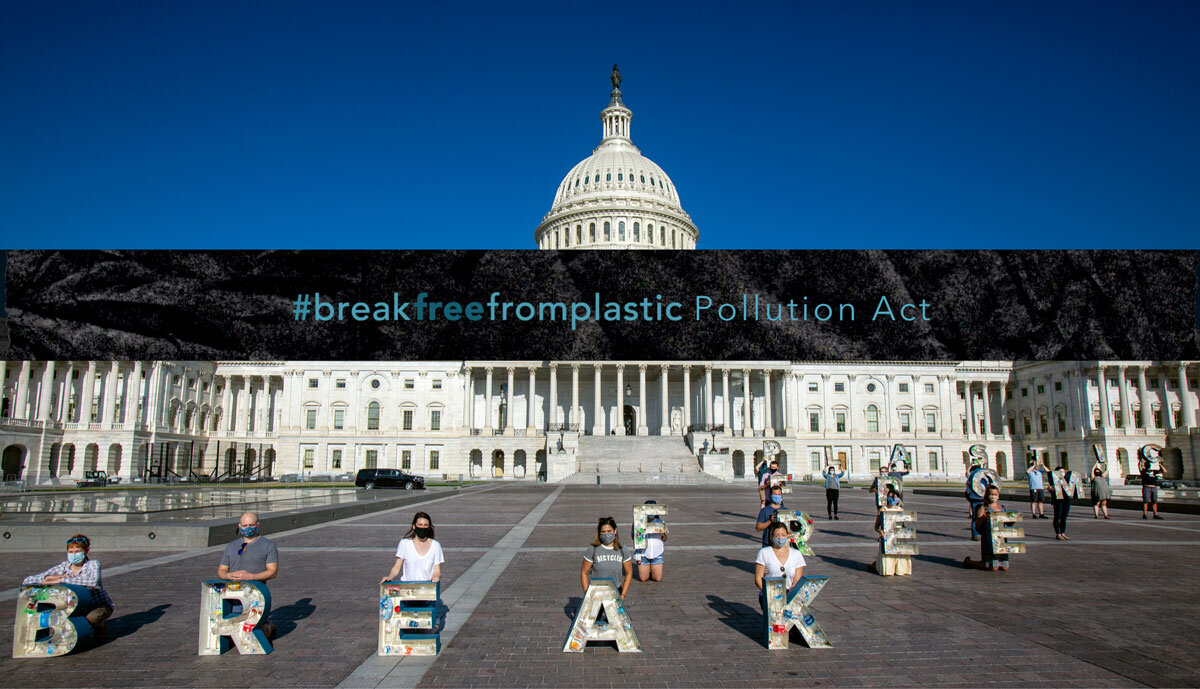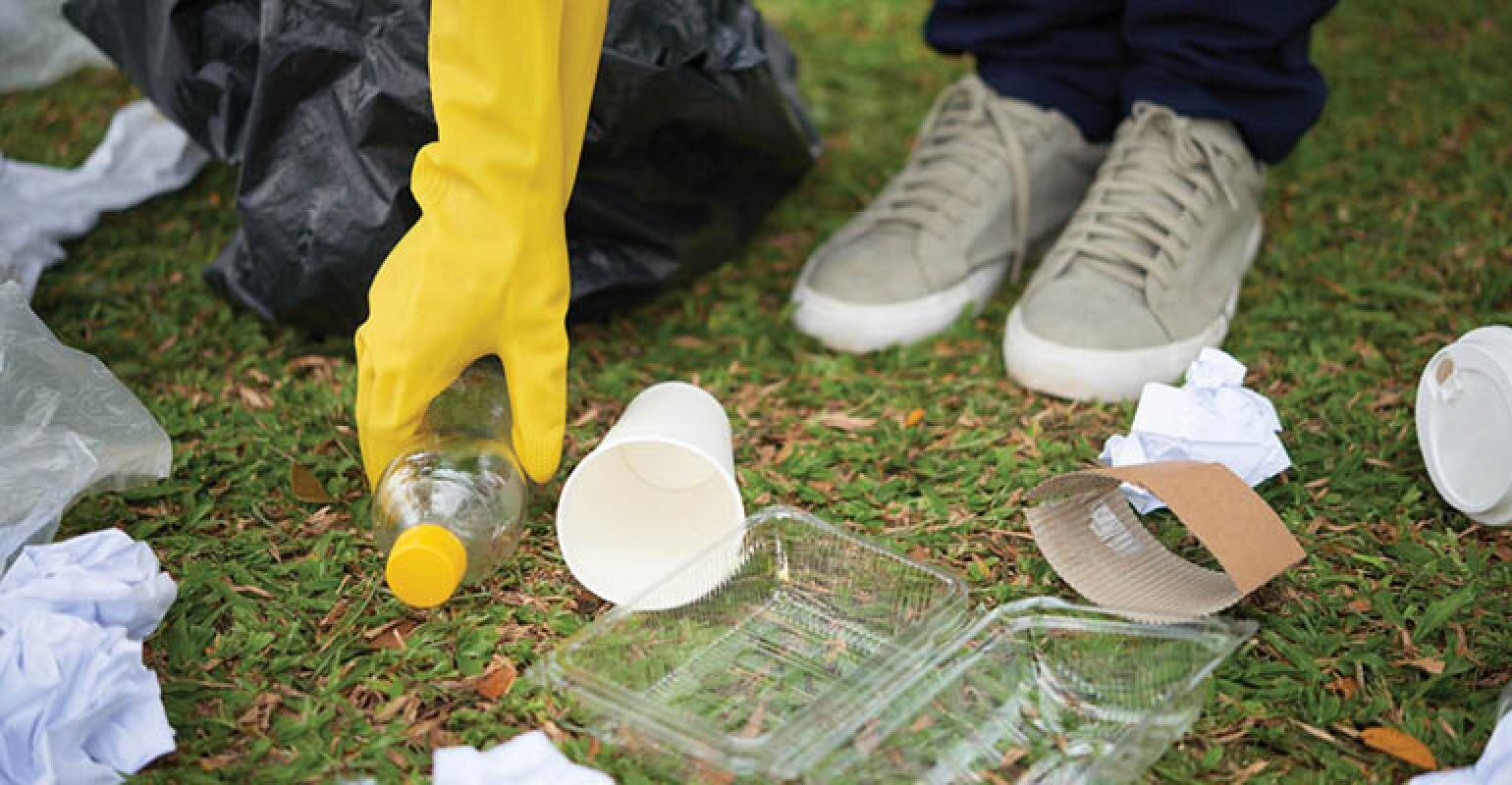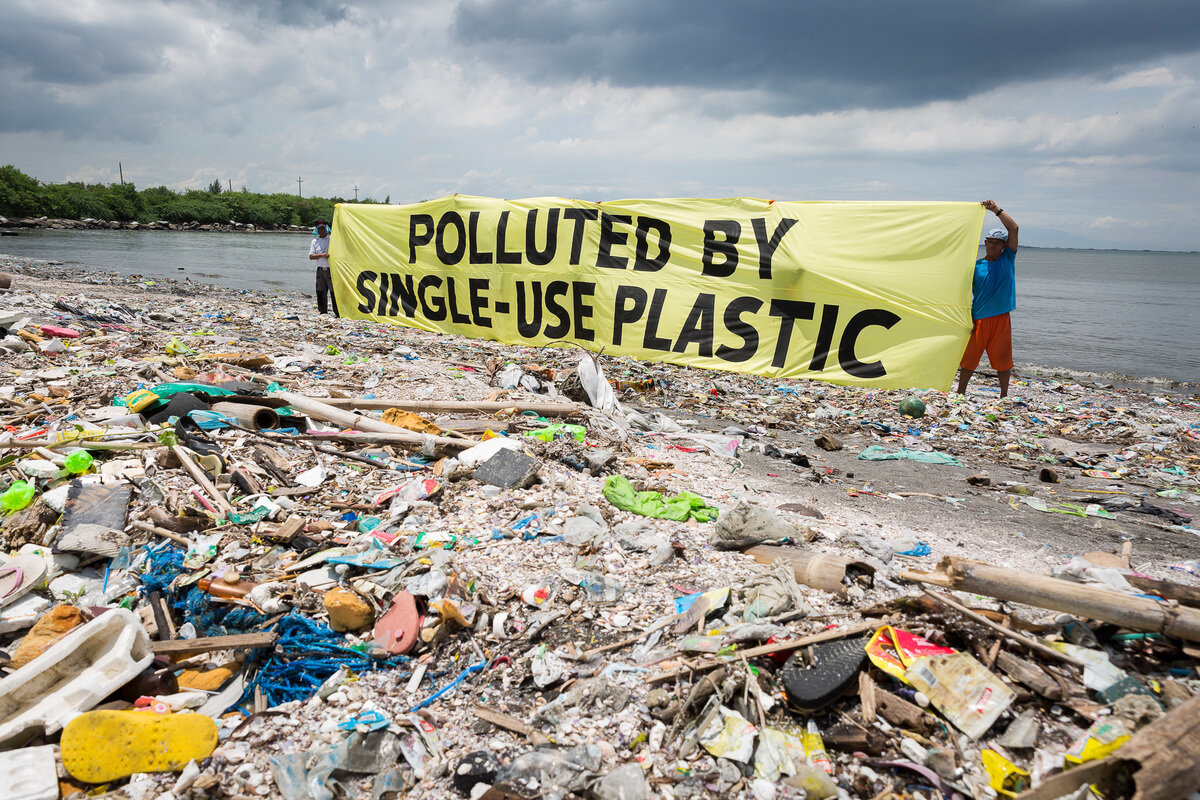
Earth Week 2021: Day Two
Plastics and Mindful Consumption
You already know we’re swimming in plastic.
It’s not news that we live in a culture hyper-focused on convenience and consumption (think Amazon Prime, fast fashion, and single-use everything). At the same time, it seems clear that general awareness of how these practices harm both our environment and our own health is ever increasing: plastic bag and straw bans, bans *of* plastic bag bans, the great Pacific Garbage Patch, microplastics leaching into milk from baby bottles, crossing the human placenta, and on and on. What a complicated time! We know so much — and yet it feels harder than ever to have meaningful choices in what we purchase or much control over the amount of trash we produce.
Today we’ll suggest ways to dive (as deep as you like) into examining your own consumption, and to learn more about how it intersects with the larger systems of waste production, management and prevention ― and of course, climate change.
What the heck is plastic, anyway?
For a concise summary of the history of plastic, how it is made from fossil fuels, and the ever-increasing waste problem it has unleashed on the world, check out this short Plastics 101 video from National Geographic.
Plastic is made from oil & gas.
The plastics industry is fundamentally an arm of the fossil fuel industry ― and is using the same old playbook to keep us hooked on their products: denial, greenwashing, and using their deep pockets to fight legislation that would force them to take responsibility for the full lifespan and negative externalities of their products.
You may be shocked to learn that only 9 percent of plastic is recycled. The rest is burned, or buried, or winds up, eventually, in the ocean. In 2020, NPR and PBS Frontline collaborated on a joint investigation into the plastics industry, and found that “the makers of plastic — the nation's largest oil and gas companies — have known this all along, even as they spent millions of dollars telling the American public the opposite.”
Even worse, “[t]he industry's awareness that recycling wouldn't keep plastic out of landfills and the environment dates to the program's earliest days . . . “There is serious doubt that [recycling plastic] can ever be made viable on an economic basis,” one industry insider wrote in a 1974 speech.”
“Recycling” implies that a material can be broken down into its parts and then re-made into the same new material. Unlike aluminum cans or glass, which can be recycled infinitely, plastic (when it is even feasible to recycle at all) is “downcycled,” becoming weaker when it is melted. It is much cheaper and more profitable for companies to make new, virgin plastic that gets thrown in the trash than to recycle it.
What is an ethane cracker plant, anyway? SW PA Environmental Health explains
Wow. This is a big problem. What can we do?
Do you know — really know — how much waste your household produces on a daily, monthly or annual basis? Doing a “trash audit” is a useful way to take a closer look at your household consumption habits. Here are two simple ways to conduct a home trash audit: with kids, or more in-depth.
Often you’ll notice some easy swaps to reduce your waste. For example: fabric produce/bulk bags, washable dishcloths instead of sponges, shampoo bars and bar soap instead of plastic bottles, plastic-free chewing gum, etc.
Resources:
Metro Portland’s charitable donation list; Find-a-Recycler
100 Steps to a Plastic Free Life has a thorough and practical guide to de-plasticking your house and routines.
Sign onto Environment Oregon’s campaign: Tell Whole Foods to put Planet over Plastic!
Download & start using Remark Eco, a new app that makes it quick and easy to send feedback to businesses asking them to do better — or to thank them for doing a good job!
Earthday.org Plastics Calculator is a great tool for tracking and reducing your waste output
Earth Overshoot Day marks the date when humanity’s demand for ecological resources and services in a given year exceeds what Earth can regenerate in that year. In 2020, it fell on August 22. Check out Earth Overshoot Day for lots of resources and actionable ideas!
Ridwell is a new company that collects your hard-to-recycle items right from your doorstep! They partner with domestic, material-specific recyclers to handle items that can’t be recycled curbside but have a big impact.
If you’ve been thinking of signing up, please use this link and Ridwell will donate $10 to Families for Climate!
What about at the Federal Level?
“For decades we have treated our land, waterways, and oceans as dumping grounds for our plastic waste. Today, we are reaping what we have sown and now face a global plastic pollution crisis,” — Congressman Alan Lowenthal
In March 2021, Senator Jeff Merkley, along with California Congressman Alan Lowenthal, introduced the Break Free From Plastic Pollution Act: a comprehensive, nationwide plan to address the plastic pollution crisis that is poisoning our air, water, and land, and disproportionately impacting communities of color and low-income Americans.
“Our legislation applies one of the core principles of environmental law: ‘the polluter pays.’ It is time for multi-billion-dollar companies to step up and cover the costs of cleaning up the waste from their products.”
Please take a minute to thank Senator Merkley for his leadership on this critical issue, and urge him to keep pushing this legislation forward. Here is sample text to use as a starting point, but be sure to personalize it for more impact!
How does the plastic industry contribute to the climate crisis?
In her article, “Your Plastic Addiction is Bankrolling Big Oil,” Rebecca Leber writes,
“There are climate impacts at every point of the lifecycle of plastics. The production process consumes fossil fuels both to make the plastics and maintain the high temperatures for refining and manufacturing. Methane, which is both a fuel and a potent greenhouse gas, tends to leak during drilling, transport, and refining, making it an underestimated source of pollution from the oil and gas industry. Emerging research has shown how polyethylene releases greenhouse gases when it breaks down and might interfere with the tiny algae that play an essential role in helping the oceans absorb excess carbon. Even when recyclable plastics make it to blue bins, much of it ends up in landfills and about 12 percent is burned at an incinerator to generate energy—which vents toxic fumes into nearby communities and more carbon pollution into the atmosphere.”
To dive even deeper into our plastic problem, check out:
The Story of Plastic, a documentary exposing the current global plastic pollution crisis, how the oil and gas industry has successfully manipulated the narrative around it, and the false solution of plastic recycling. It was released on April 22, 2020.
Plastic Wars, a documentary created as part of an NPR joint investigation with the PBS series Frontline. It originally aired March 31, 2020.
Recycling! Is it BS? This episode of the How to save a Planet podcast takes a thorough look at the nitty-gritty of recycling various materials.
The Macroproblem of Microplastics: Nurdle pollution in the world’s oceans. (Sightline Institute 2020)
Want to help clean up the litter in your community?
Tuesdays for Trash is a youth-led organization fighting for our future on this planet — one piece of litter at a time.
SOLVE Oregon has a robust schedule of neighborhood and beach litter clean-up days for volunteers.
Plogging, Plalking, and Pliking: A Swedish fitness craze coming to America.
And to empower the teenagers in your life, check out this story about Edgar McGregor, a climate activist who is graduating from high school this year. He has spent over 600 days (and counting!) picking up trash from a park in California.
Calling Climate Defender Kids!
We have put together a fun activity for kids, exploring how we can create pieces of art by upcycling our trash! When we upcycle materials or items like plastic caps or egg crates, we reuse them to create something new and original.
Here are some stories of young climate defenders making a difference!
Meet Milo Cress, who’s “Be Straw Free” campaign influenced the world (K-4th grade, 4.5 min video)
Team Marine is teaching everyone about plastic bags (5th-teens, 6 min video)
What can we do here in Oregon?
It is certainly important for all of us to do what we can to be more aware of our own consumption, and reduce our household’s trash output. But — just like climate change — given the overwhelming scale of the plastics pollution problem, our personal actions will be of limited impact without changes in the larger systems that constrain our choices.
“There is a solution, one that's been tried and tested around the world for decades: producer responsibility laws. Under these laws, producers of hard-to-dispose-of products are responsible for the full life cycle of the product, including post-consumer collection, recycling and/or disposal.”
Celeste Meiffren-Swango, state director for Environment Oregon, wrote a terrific op-ed explaining the concept of producer responsibility laws. Here in Oregon, several bills that would have addressed our plastic crisis were introduced this legislative session, but unfortunately all of them failed to advance, except SB 582-9, which is DEQ's recycling modernization bill.
While certainly better than nothing, the bill as it stands currently could be a lot stronger, especially with respect to reducing plastic pollution and holding producers responsible for their materials.
If you live in Oregon and would like to see strong laws passed regulating waste, one useful action you can take is to email your legislators about SB 582-9.
Tell them you are deeply worried about the plastic crisis, and you want SB 582-9 to be the strongest bill possible and not give anything more away to industry! Lawmakers are used to hearing from paid industry lobbyists fighting action on plastic waste — they need to hear from regular folks that this issue is important to them! (Look up your legislators here.)
Take some hope from southern India: the Nilgiri forest region banned all plastics in 2000. “Plastic-free Nilgiris” was painted on all bus stops and public buildings as early as 2002.






